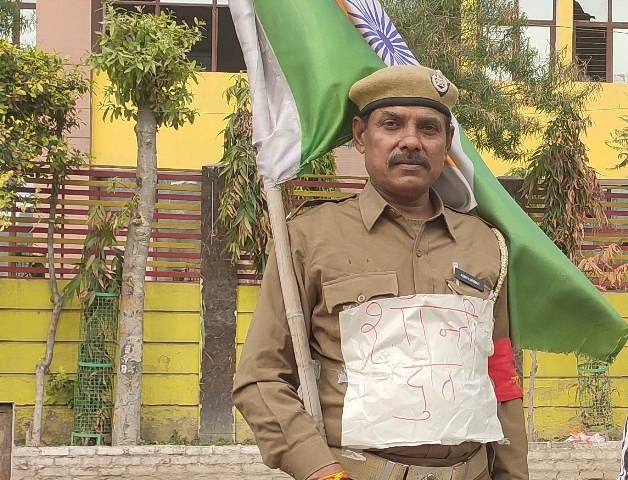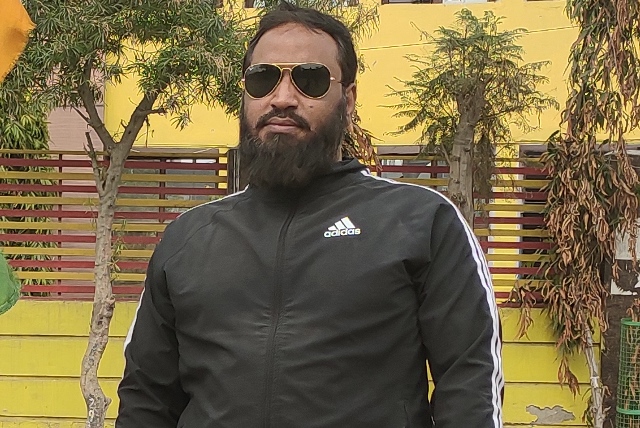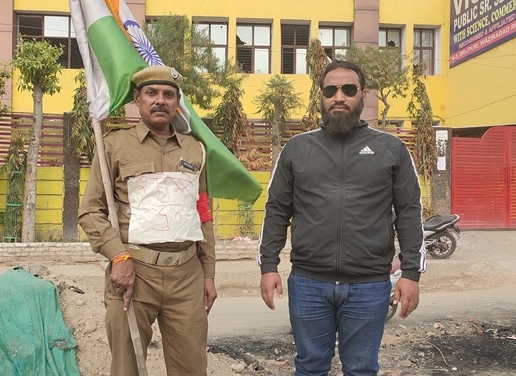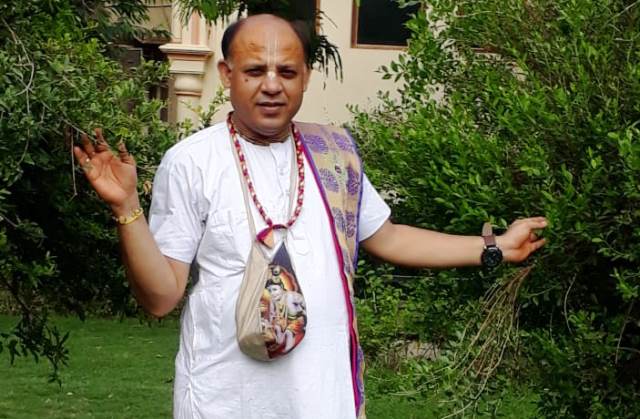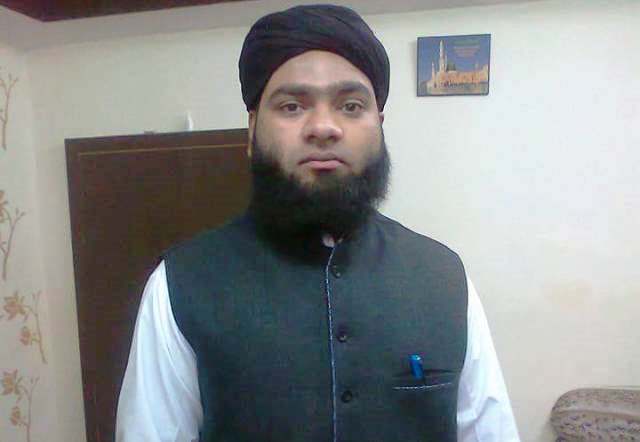Ashok Kumar, 48, a home guard posted as a bus marshal with Delhi Transport Corporation, took leave from work to go on a peace ride in riot-affected neighbourhood with a Muslim friend
I was unable to sleep for several nights during the time when communal violence was taking place in my neighbourhood (Yamuna Vihar in northeast Delhi). I kept thinking about the people who lost their lives, homes and their livelihoods in the mindless violence. This was particularly heartbreaking for people like me who spent their lives with Muslim neighbours in peace all my life. There can’t be anything more devastating for a city like Delhi where Hindus and Muslims live together for centuries.
I therefore took a day off and accompanied my neighbour Yusuf in a bike ride to the riot-hit localities. For, even after the bloodshed, some people had been indulging in rumor-mongering and this could lead to panic and further hatred among communities.
WATCH: ‘Left With The Clothes We Are Wearing’
This is why I felt it was my duty to be in the riot-hit area and send a message of peace. I stuck a poster of ‘Shantidoot’ on my shirt in the front and back and carried a national flag during the peace ride. As the board exams were postponed due to the violence, we visited some schools first so that the students can see that how communal harmony works and go home with good thoughts.
We spoke to whoever approached us and advised them to help us maintain peace in the city. I have so far gathered support of many people from both the communities. I am also asking for phone numbers of those who are interested in doing the same for the sake of peace in the country.
ALSO READ: ‘We Lost Our Child To Riots, Save Others’
I am planning to call all those interested in spreading a message of peace to ride with me in the entire northeast Delhi with a message of harmony. I will seek permission from the police and administration if required to carry on with such efforts on the streets. As soon as I get permission, I will call all those who are willing to volunteer and will roam the riot-hit localities with the message of peace.
In some of the suggestions I got from the people, one was very important. The residents of the violence-hit areas wanted to raise a community watch so that no such incidents can take place in future. I will not stop until I make sure that people are together against hatred and violence. Only common people like us suffer during such riots and our city gets defamed. I will take off from my job to do my duty for the country.
